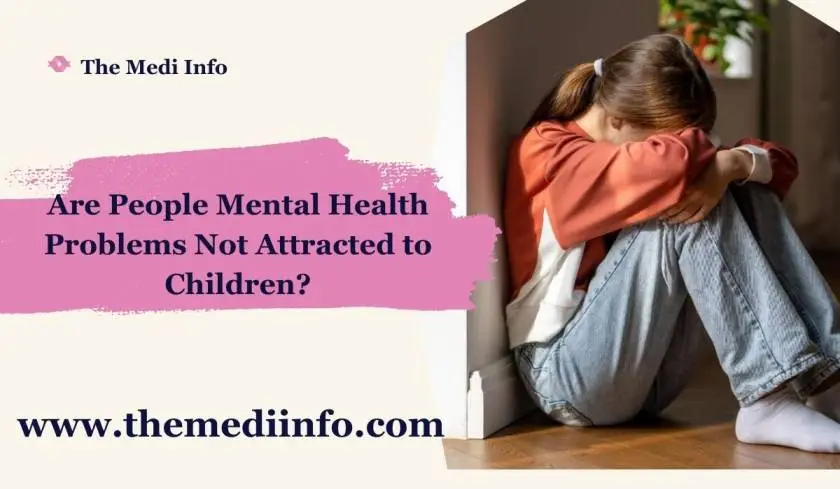
A new study reveals that the consequences of climate change stretch beyond the environment and our physical health
Over the past few years, climate change has, rightly so, been brought closer to the spotlight. As environments and habitats around the world are transformed at rapid rates, many of us are beginning to take a closer look at the things that we can do in our everyday lives to make a difference.
But a new study from the British Association for Counselling and Psychotherapy (BACP) has found that the natural world crisis comes hand-in-hand with a negative wellbeing effect.
In their survey, BACP found that 55% of people feel that climate change has impacted their mental health – with 8% reporting it had affected them to a ‘great extent’, 18% ‘somewhat’, and 29% ‘a little’.
Taking a closer look at the reasons why their mental health is being impacted, the researchers highlighted areas including:
- Concerns about the impact on the natural world
- An increased frequency of natural disasters
- What the world will look like for future generations
- How our lives would be affected
Considering the findings, deputy chief executive of BACP Fiona Ballatine Dykes said: “There’s genuine anxiety and depression, not just for people for themselves, but also for the planet, for future generations, and for people from less advantaged backgrounds who may be more vulnerable to the consequences of climate change.
“It’s such a big issue for people, and they feel powerless to be able to influence it or change it.”
That said, Fiona also expresses that she does have hope for the future, and highlights the importance of expressing your feelings when going through a difficult time.
“It helps you see how you can do things consistent with your values and separate out what’s within your power to change,” Fiona says. “One of the things we’ve learned during the pandemic is things that seemed impossible, to get a whole nation to stop driving, for example, happened.
“People said you couldn’t get rid of plastic bags, but they did by asking people to pay for them. Policies may seem distant, but they affect people directly. For me, there’s an optimism that mass behaviour can be changed despite lack of trust and confidence in our institutions to lead the way.”
Take a look at your own lifestyle, are there small things that you can change to make a difference? It could be as simple as walking or cycling to work a couple of times a week. Switching out your standard lightbulbs for energy-saving ones, or just having a conversation with the people in your life about the challenges that we’re all facing.
The mental health impact of climate change is real, and something that this research suggests is that it’s becoming more widespread. But if it’s affecting you, just remember that you’re not alone. Shift your focus inwards, and towards the ways that you can make a difference in your own community – that’s the first step towards making a real difference.
Related Post
 13
13 Dec
Are People Mental Health Problems Not Attracted to Children?
Are People Mental Health Problems Not Attracted to Children? As per a concentrate by the College of Michigan's Wellbeing Lab, upwards of 1 of every 7 youngsters in the US are at present experiencing an undiscovered treatable emotional well-being issue. Remaining.
Read More 02
02 Dec
Does Ambetter Cover Virtual Mental Health Visits in Georgia?
Does Ambetter Cover Virtual Mental Health Visits in Georgia? Ambetter from the Peach State Wellbeing Plan serves underprotected and uninsured populations through Georgia Access. Ambetter from Peach State Wellbeing Plan is endorsed by Ambetter of Peach State, Inc., which is a.
Read More 06
06 Nov
What Type of Cancer Did Morgan Spurlock Have?
Morgan Spurlock, the producer and previous CNN series have whose McDonald's narrative Super Size Me was selected for an Institute Grant, passed on from disease confusions Thursday, as indicated by his loved ones. What Type of Cancer Did Morgan Spurlock Have? The.
Read More 24
24 Oct
When Does Nutex health Inc Do Earnings Report Come Out?
When Does Nutex health Inc Do Earnings Report Come Out? Today announced that Nutex Health Inc., Nutex Health" or the "Company," a physician-led, integrated healthcare delivery system comprising of 21 state-of- the-art micro hospitals in 9 states and primary care-centric. The.
Read More